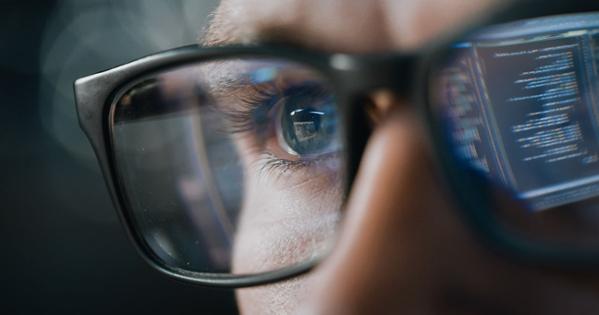AI Is Everywhere. So Are Its Ethical Questions.

Artificial intelligence is no longer the future—it’s here, shaping how we live, work, and connect. From medical diagnostics and driverless cars to newsfeeds, banking, and job applications, AI is woven into nearly every aspect of daily life.
But while the technology advances quickly, its ethical and social implications often struggle to keep up. That’s why American University’s College of Arts and Sciences is launching new undergraduate and graduate certificates in Artificial Intelligence: Ethics and Society this semester.
“The College of Arts and Sciences with its wide range of interdisciplinary expertise is perfectly positioned to lead the vital work of cross-disciplinary education and scholarship on responsible AI,” says Dean Linda Aldoory. “These innovative certificates in AI and ethics reflect the best of humanities and sciences and will give students the tools to shape how technology impacts people and society.”
Why Now
For years, most AI programs focused narrowly on technical skills—engineering, computational science, or digital humanities. Few addressed the bigger questions at the heart of how AI is used. That’s starting to change, but not quickly enough.
“Success in AI isn’t just about building more powerful models,” says Walter Park, Economics Professor and Associate Dean of Graduate Studies. “The technology itself and the systems that govern it—laws, regulations, policies, and social norms—are inseparable. Without all sides advancing together, AI risks becoming either ineffective or irresponsible.”
Park compares the rise of AI ethics to bioethics and climate science: once considered niche, they are now essential academic fields with wide-reaching impact. “AI Ethics and Society is becoming a discipline in its own right, one that prepares students to navigate the ethical, legal, and social challenges of AI across countless fields,” he says.
Preparing for Shifting Job Markets
The global job market is already changing with the rise of automation and AI. A major study by the AI Workforce Consortium—a collaboration of industry leaders including Accenture, Google, IBM, Intel, Microsoft, and SAP—found that skills in AI Ethics and Governance are in especially high demand. In fact, demand for AI Governance skills has grown by 150 percent, and demand for AI Ethics by 125 percent, underscoring the urgent need for expertise at the intersection of technology, law, and ethics.
Park notes that this expertise will become “baseline competencies” across nearly every sector: education, technology, consulting, entertainment, finance, health care, government, nonprofits, digital rights, international development, marketing, human resources, urban planning, agriculture, energy, and more.
“Organizations are already looking for ethical oversight in AI,” he says. “This certificate helps students position themselves as leaders in that space.”
Building on a Tradition
The College of Arts and Sciences has long engaged with the societal implications of transformative technologies—from the internet to mRNA vaccines to climate change. The new AI Ethics and Society certificates continue that tradition, giving students both critical insight and practical skills for an AI-driven world.
What excites Park most is the collaboration: “Every department has a stake in AI, whether through creative work, policy, or science. This program brought us together around a shared purpose: ensuring AI is used productively, responsibly, and safely.”
And as AI evolves at breakneck speed, Park says the urgency is clear. “If social media and the internet changed how people live, one can only imagine AI's impact. We need thought leaders today who can anticipate changes, mitigate risks, and shape outcomes for the better.”
Learn More!
To learn more about the undergraduate Artificial Intelligence: Ethics and Society certificate and its admissions and course requirements, visit its page on the Philosophy and Religion Department website.
To learn more about the graduate Artificial Intelligence: Ethics and Society certificate and its admissions and course requirements, visit its page on the Philosophy and Religion Department website.